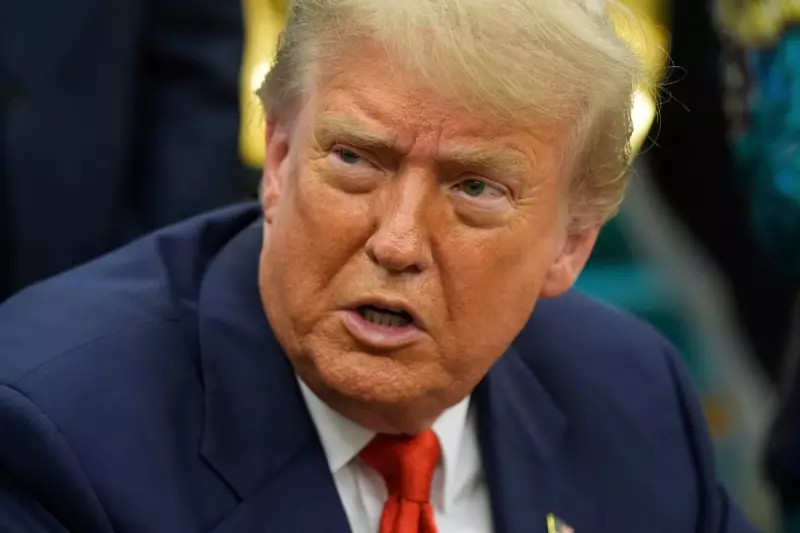
Britain's economic landscape faces potential seismic disruption as Donald Trump plots an aggressive return to protectionist trade policies should he reclaim the White House in November. The former president's radical tariff blueprint could ignite a full-scale transatlantic trade war with devastating consequences for UK businesses and consumers.
An Unprecedented Tariff Offensive
Trump's proposed measures represent the most protectionist trade agenda in modern American history. At the heart of his strategy lies a universal 10% baseline tariff on all imports, with particularly punishing rates targeting Chinese goods that could soar to 60% or higher. This economic artillery isn't merely aimed at Beijing—it would hit European allies equally hard.
Why British Businesses Should Be Worried
The implications for UK exporters are particularly severe. British industries ranging from premium automotive manufacturers to Scotch whisky distilleries and luxury goods producers would suddenly find their products becoming significantly more expensive in America's vast consumer market. The potential demand destruction could cripple entire sectors that have built lucrative transatlantic trade relationships over decades.
The Retaliation Dilemma
European Commission officials have already drafted emergency response plans, with targeted counter-tariffs on iconic American products almost certain to follow. This tit-for-tat escalation threatens to unravel decades of carefully negotiated trade cooperation, potentially making everything from Kentucky bourbon to California technology more expensive for British consumers.
Economic Shockwaves
Economists warn that Trump's tariff tsunami could:
- Trigger immediate price increases on consumer goods across multiple categories
- Disrupt complex transatlantic supply chains that thousands of UK businesses depend on
- Potentially undermine the Bank of England's efforts to control inflation
- Create significant uncertainty for investors and businesses planning for the future
The Political Calculus
Trump's team argues these measures are necessary to protect American jobs and manufacturing capability. However, most independent economists contend that the costs would overwhelmingly fall on American consumers and businesses that rely on imported components, while inviting devastating retaliation against US exports.
With the US election approaching rapidly, British businesses and policymakers are increasingly concerned about preparing for what could become the most significant shift in transatlantic trade relations in generations.





